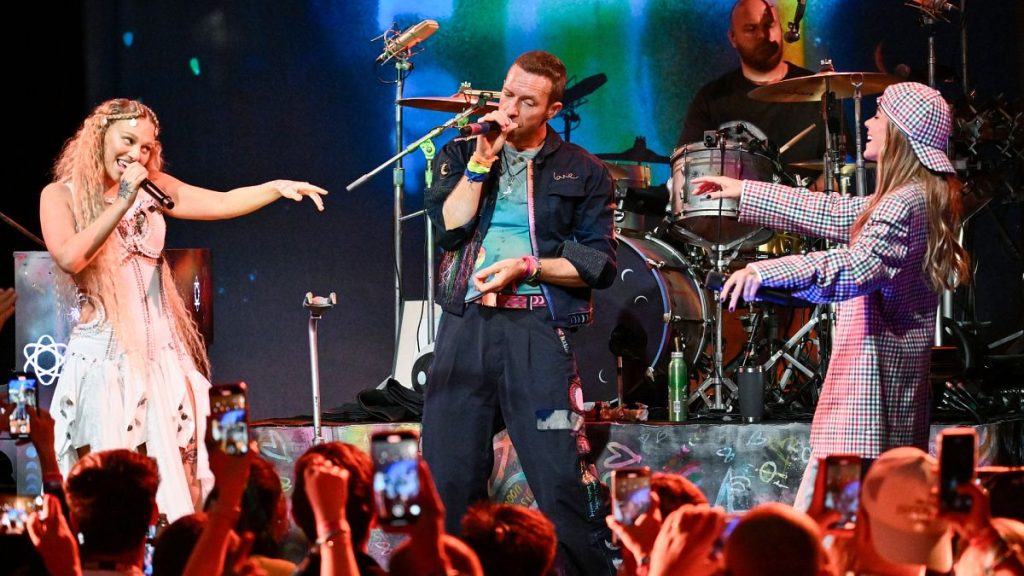The UK government has launched a multi-pronged attack on the pervasive issue of ticket touting, spurred by recent high-profile incidents that saw fans priced out of attending concerts by exorbitant resale prices. The core of the government’s strategy revolves around proposed legislation to cap the price of resold tickets, a move intended to curtail the exploitative practices of touts who purchase tickets in bulk only to resell them at significantly inflated prices. This legislative effort follows public outcry over incidents like the Taylor Swift “Eras Tour” ticket sales, where tickets were swiftly resold on secondary markets for thousands of pounds, leaving many genuine fans disappointed and empty-pocketed.
A public consultation is currently underway to determine the most effective way to implement this price cap, with a likely range being from the original face value of the ticket up to a maximum of 30% above that price. This proposed cap addresses the current reality of the secondary ticketing market, where, according to the Competition and Markets Authority (CMA), the average resold ticket price is over 50% higher than the original. In addition to the price cap, the government is considering limiting the number of tickets a reseller can sell, mirroring the maximum purchase limits imposed by primary vendors. This measure aims to prevent touts from cornering the market and artificially inflating prices, even within the confines of a price cap.
Alongside the proposed legislation on ticket resale, the government is also scrutinizing the practice of dynamic pricing, a controversial system used by some vendors to adjust ticket prices based on real-time demand. This investigation was prompted by the backlash surrounding the sale of Oasis tickets, where tickets initially priced at £150 (€180) were sold for over £350 (€420) through the official vendor, raising concerns about price gouging. The CMA, as well as Ireland’s Competition and Consumer Protection Commission, are currently investigating the Oasis ticket sale to determine if dynamic pricing was used unfairly.
The government’s actions reflect a growing awareness of the need for stronger consumer protections in the ticketing market. Culture Secretary Lisa Nandy emphasized the government’s commitment to ensuring that fans are not exploited and that revenue generated from ticket sales benefits the live events sector, rather than lining the pockets of touts. This commitment is not only aimed at protecting consumers but also at safeguarding the integrity of the live music industry, which relies on a fair and transparent ticketing system. The government’s comprehensive approach seeks to address both the resale market and the practices of primary vendors, ensuring a more equitable system for all stakeholders.
The Oasis tour itself provides a compelling case study in the challenges of combating ticket touting. Despite warnings that tickets could only be resold through the official partner Twickets, a significant number of tickets ended up on unofficial secondary sites, some listed for astronomical sums. LiveNation, the parent company of Ticketmaster, has taken decisive action by canceling over 50,000 tickets sold through these unauthorized channels, demonstrating a commitment to upholding their resale policy and protecting fans from exorbitant prices. This proactive approach underscores the industry’s growing recognition of the need to combat touting and maintain the integrity of the ticketing process.
The government’s initiative has elicited varied responses. Viagogo, a major ticket resale platform, has expressed its willingness to participate in the consultation and contribute to the development of improved consumer protections. This engagement from a key player in the secondary market suggests a potential for collaboration between government and industry in tackling the complex issues surrounding ticket resale. The ongoing public consultation, coupled with the investigations into dynamic pricing, promises a thorough examination of the ticketing landscape, with the ultimate goal of creating a fairer and more transparent system for both artists and fans. The government’s efforts represent a significant step towards addressing the long-standing problem of ticket touting and ensuring that live music remains accessible to all.














